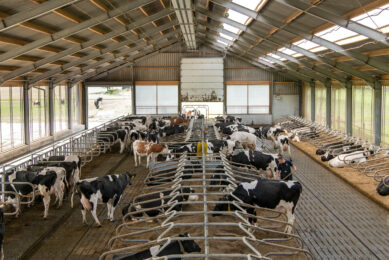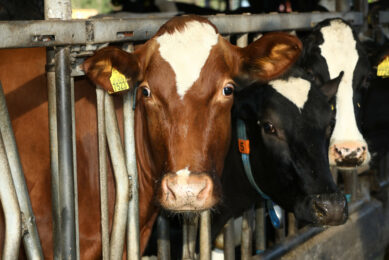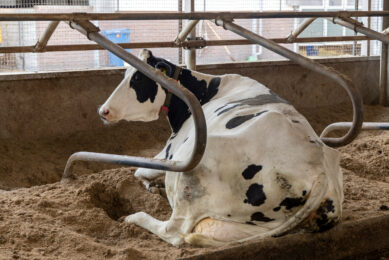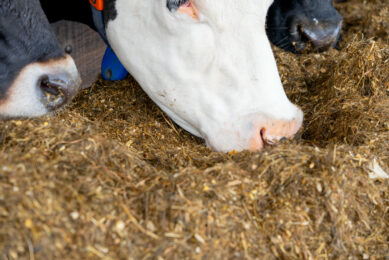New regulation in Russia disrupts supply of veterinary medicines
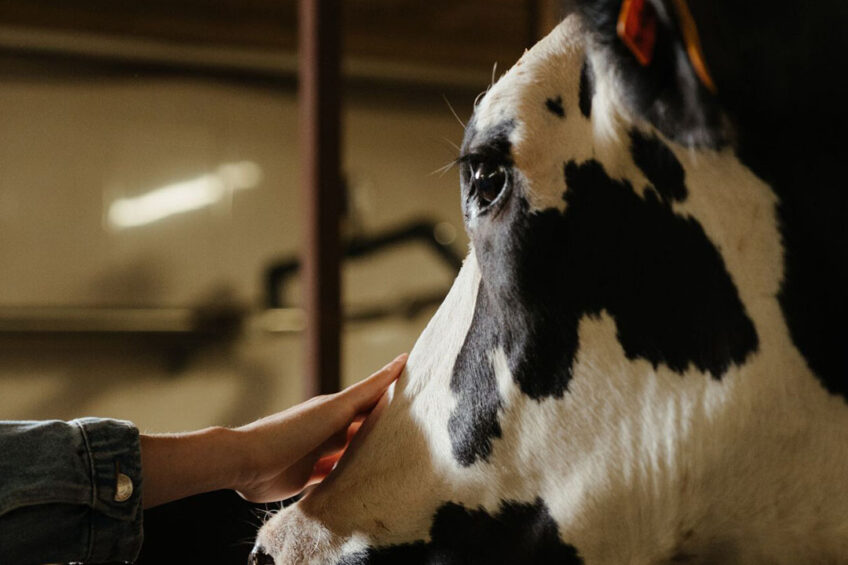
Russian milk farmers have stocked up with veterinary pharmaceuticals, anticipating supply disruption due to a regulation that came into force.
The new regulation came into force on 1 September. Some items are in short supply and a real shortage seems likely in the long run. Under the new regulations, foreign suppliers need a GMP certificate issued by the Russian veterinary watchdog Rosselhoznadzor to sell veterinary drugs and vaccines to Russian customers.
In July, the Russian association of veterinary pharmaceutical companies, Avfarm, warned that in light of the regulation, the country must brace for a shortage. The organisation explained that the Russian regulator has not established a standardised procedure for passing a GMP inspection.
Russia has a strong dependence on imported veterinary pharmaceuticals, with Rosselhoznadzor estimating the share of imported vaccines in the Russian cattle industry to be 71%.
Imports are critically small
As of November, only 37 out of 180 foreign suppliers have obtained the GMP certificate and 24 more await an inspection, Semyon Zhavoronkov, executive director of Avfarm, disclosed, saying that these figures were ‘critically small’.
Currently, almost all veterinary pharmaceuticals on sale on the Russian market comprise stocks formed before the current rules were enforced, according to Zhavoronkov.
All companies knew that as of September, the conditions for access to the Russian market of veterinary drugs would change, and they tried to create a reserve of products so that they could go through the transition period relatively painlessly, Nikolay Bespalov, director of RNS Pharma, a Moscow-based think tank, told local publication Agroinvestor.
Dairy operation stocks
Dairy businesses have certain stocks of veterinary drugs. They can either gradually switch to Russian equivalents or wait for GMP certification to be obtained by foreign suppliers, who have not yet been able to do this, said Artem Belov, general director of the Russian Union of dairy producers Soyuzmoloko.
On the other hand, there is no clarity on what will happen once the dairy industry runs out of the veterinary medicines accumulated in the previous months.
“You cannot so abruptly close the market for truly in-demand drugs and expect that consumers will suddenly discover truly competitive alternatives that for some reason they had not noticed before,” Zhavoronkov said.
There is a shortage of imported vaccines on the market and a shortage of imported antibiotics, coccidiostats and other drugs is expected in the medium term, the press office of Cherkizovo group, a prominent Russian food producer, told Agroinvestor. The availability of imported drugs has decreased and continues to decrease as leftovers are used up and cannot be replenished, the company added.
Join 13,000+ subscribers
Subscribe to our newsletter to stay updated about all the need-to-know content in the dairy sector, two times a week.



